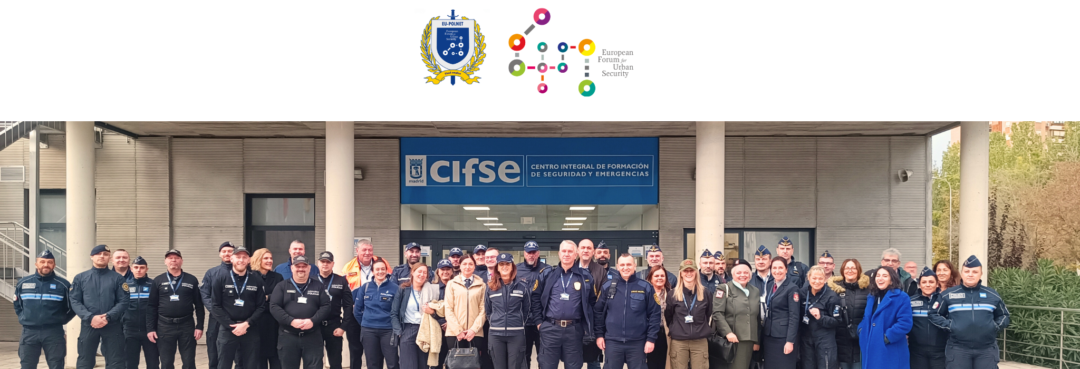
In order to be an attractive tourism destination, a city must be able to provide a safe environment to visitors. Indeed, tourists may be particularly exposed to certain forms of crime because they lack cultural understanding and do not speak the language. But tourists can also cause trouble, among other because they feel carefree and unaccountable when holidaying in a foreign place.
Faced with this situation, local authorities are often best placed to design and implement prevention policies but also to foster good coexistence between tourists and local residents.
In order to assist European cities to better tackle these issues, it was necessary to examine the connexions between tourism and security. With the support of the European Commission, Efus led between 2013 and 2015 a project aimed at doing just that. This exchange project gathered eight partners – one association and seven cities – whose diversity in terms of geography, size and types of tourism made it possible to study many aspects of the issue. Two experts in tourism and criminology also took part: Janez Mekinc and Rob Mawby.
Project partners
Alba (IT), Barcelona (ES), Brasov (RO), Munich (DE), Rome (IT), Saint-Denis (FR), the non-profit organisation BRAVVO of the city of Brussels (BE), and the Portuguese association of victim support, Apav.
Partners’ feedback
“The involvement of the other European partners was very sucessful. During the meetings all municipalities could learn from each other on security and tourism management.”
“The audit carried out provides us with new ways of strategic thinking.”
“Thanks to the project, we have increased the visibility of the measures undertaken by the city and the police.”
Outputs
Through thematic local audits, field observations and exchanges with the experts, the participating cities were able to design their local “security and tourism” strategies, with three main objectives:
- To raise awareness among tourists on risk prevention and on local customs
- To improve the way tourists are welcome and the support they receive in case of problem
- To foster peaceful coexistence between tourists and local residents
The cities notably designed information campaigns to raise awareness among tourists and also strengthened their local partnerships in order to better coordinate the actions undertaken locally. See the example of Brussels and the Safe in the city campaign.
At the end of the project, the partners drew up a series of recommendations based on their experience, which can benefit any city that is dealing with similar issues. These recommendations were presented for the first time at the European conference Security & Tourism: Local Policies and Practices organised by Efus on 25 June 2015 in Paris. The conference brought together some 120 representatives of 50 local authorities from 16 countries as well as academics, representatives of the tourism private sector and six associations.
The recommendations are also featured (extended version) in the publication Security and Tourism: Concerted Local Policies. Based on the experience of the cities that were partner in the project and on the contribution of experts, this publication presents an overview of the main themes linked to security and tourism. It also includes examples of practices that can be a source of inspiration for any European city or region confronted with similar challenges.





